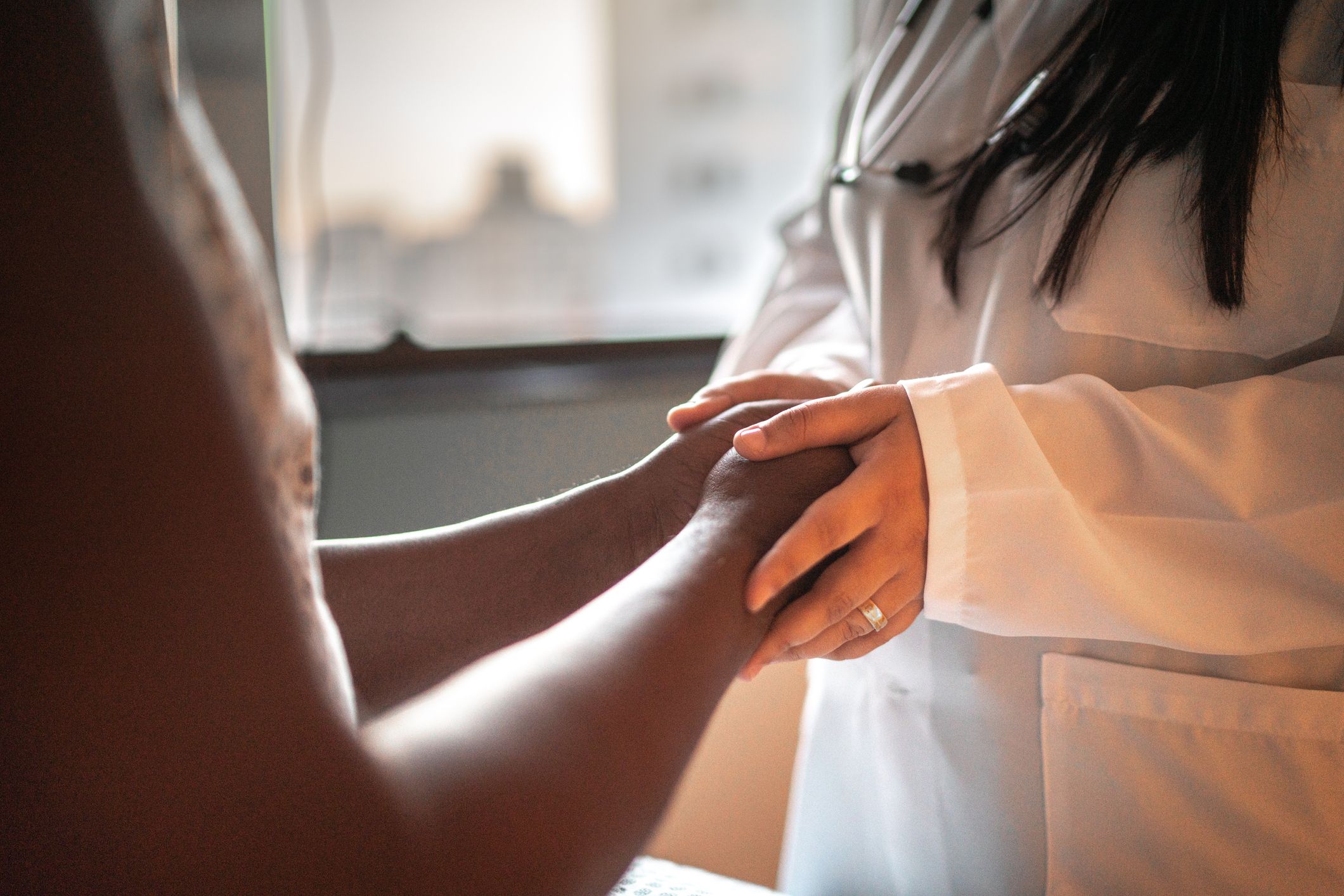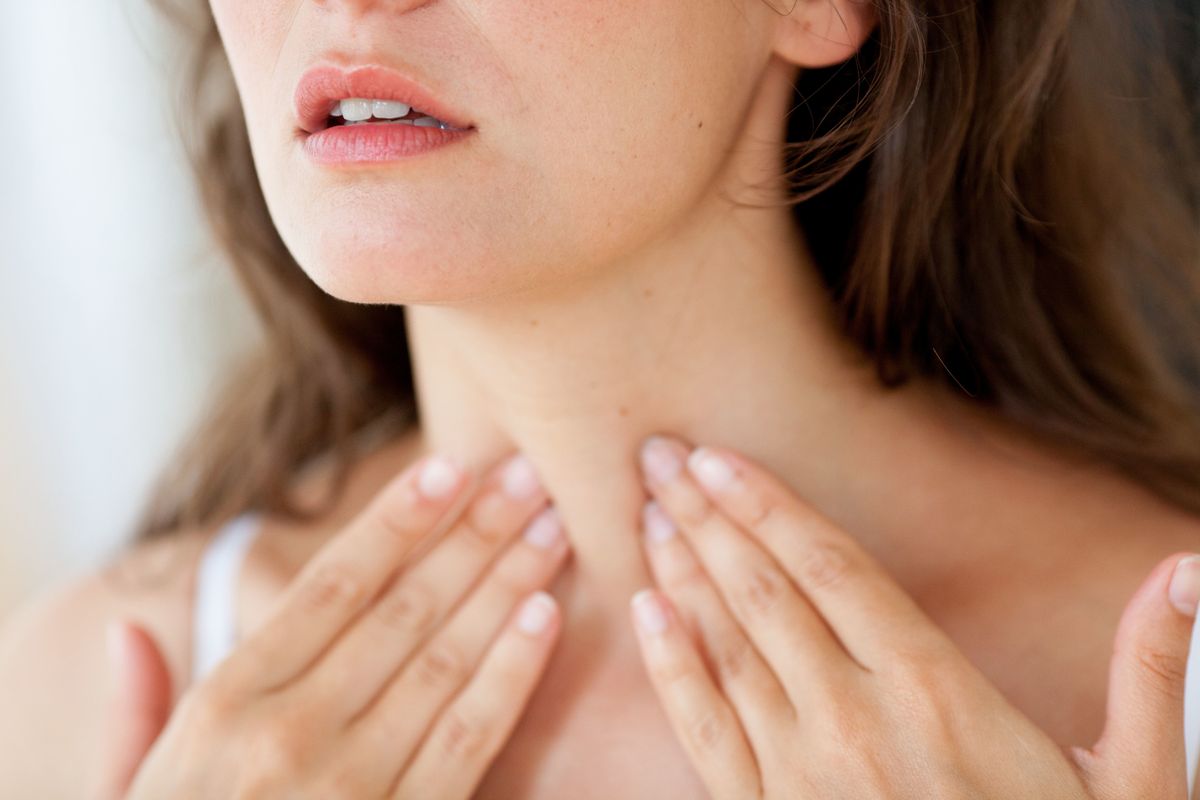
HOW TO REDUCE YOUR RISK OF SKIN CANCER AND SUN DAMAGE
The temperatures are rising in the northern hemisphere, so it is vital that you prioritise protecting your skin from the sun even more than usual.
Too much UV from the sun and even sunbeds can damage the DNA in your skin cells and increase your risk of skin cancer.
Consultant dermatologist and founder of Self London, Dr Anjali Mahto, explains, "Exposure to ultraviolet (UV) radiation from the sun is the primary risk factor for developing skin cancer. It's crucial for individuals of all ages to prioritise sun protection year-round, not just during the summer months."
According to the dermatologist, here are five ways to prevent sun-related skin damage.
Apply sunscreen regularly
First and foremost, sunscreen is the most important step in your skincare routine and should be applied throughout the day.
"Use a broad-spectrum sunscreen with a SPF of 30 or higher, and reapply every two hours, or more frequently if swimming or sweating," the expert advises.
Seek shade
Avoiding the sun at the hottest times of the day will help protect your skin.
"Limit direct sun exposure, especially between 10am and 4pm when UV rays are strongest," Dr Mahto says. "Seek shade under trees, umbrellas, or wear protective clothing."
Wear protective clothing
If you know you will be out in the sun all day, wearing protective clothing can help reduce your risk of skin damage.
She recommends, "Opt for lightweight, tightly woven clothing that covers as much skin as possible. Wide-brimmed hats and sunglasses with UV protection are also essential."
Avoid tanning beds
As tempting as they may be, sunbeds can damage your skin.
"Indoor tanning beds emit harmful UV radiation that increases the risk of skin cancer," the expert warns. "Opt for sunless tanning alternatives instead."
Perform regular skin checks
Checking your skin regularly can help you spot any changes that may need to be seen by a doctor.
"Be vigilant about changes in moles, freckles or skin lesions. See a consultant dermatologist promptly if any concerning changes are noticed," Dr Mahto states.
2024-05-10T12:48:20Z dg43tfdfdgfd











